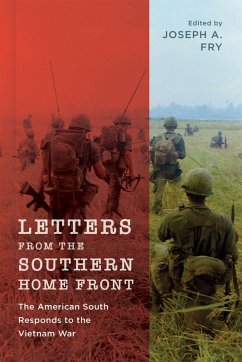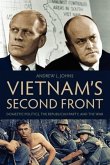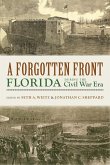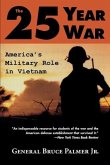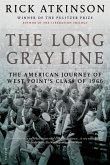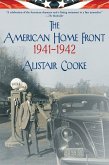"Residents of the American South played a crucial and, at times, decisive role in the American war in Vietnam. President Lyndon B. Johnson and Secretary of State Dean Rusk oversaw the military escalation of the conflict and the persistent U.S. rejection of a compromise settlement with North Vietnam and the Vietcong. Influential U.S. Senators Richard B. Russell and John C. Stennis endorsed and promoted aggressive prosecution of the war, ensured the conflict's funding, and helped enable Johnson and Nixon to extend the duration of the increasingly unpopular war. U.S. Army General William Westmoreland instituted vital strategies such as 'search and destroy' while directing the war through most of Johnson's presidency. Moreover, while young southern men served and died in Vietnam in numbers well beyond the region's percentage of the national population, most white southerners consistently endorsed the belligerent inclinations and actions of the U.S. In doing so, they provided an essential domestic political foundation for the Vietnam War. Joseph Fry's 'Letters from the Southern Homefront' explores public opinion in the American South--the nation's most prowar region during the Vietnam War--by examining letters sent by hundreds of residents to their senators, Presidents Johnson and Nixon, and the editors of major newspapers. They ranged in age from elementary school students to World War I veterans. They were white and Black; male and female; rural, small-town, and urban; sharecroppers, farmers, small business owners, teachers, doctors, lawyers, college students, and university professors; rich and poor. They discussed an impressive range of war-related issues and topics, including U.S. geopolitical and strategic interests; U.S. standing in the world; the containment of international communism; appropriate U.S. military strategies; civilian versus military oversight and control; national honor; patriotism; religion; the draft and its class and racial impacts; domestic protests against the war and questions of law and order; the Civil Rights Movement; POWs; the job performance of national and regional leaders; and the cumulative war-weariness so crucial to U.S. withdrawal from Vietnam. By investing the time, thought, emotion, and energy to write to a political figure or newspaper editor, they exhibited a greater awareness and knowledge of foreign affairs than most southerners. This attention, knowledge, and willingness to write rendered the authors a distinct minority within their communities and nation. Although many of their neighbors and fellow citizens nationally followed the war carefully and held strong opinions regarding the conflict, relatively few of them took the initiative to put pen to paper or sit before their typewriters. As Fry shows, what the letter writers had to say about their support or opposition to the war add to our understanding of the South and the United States as we continue to grapple with the historical record and significance of the Vietnam War"--

